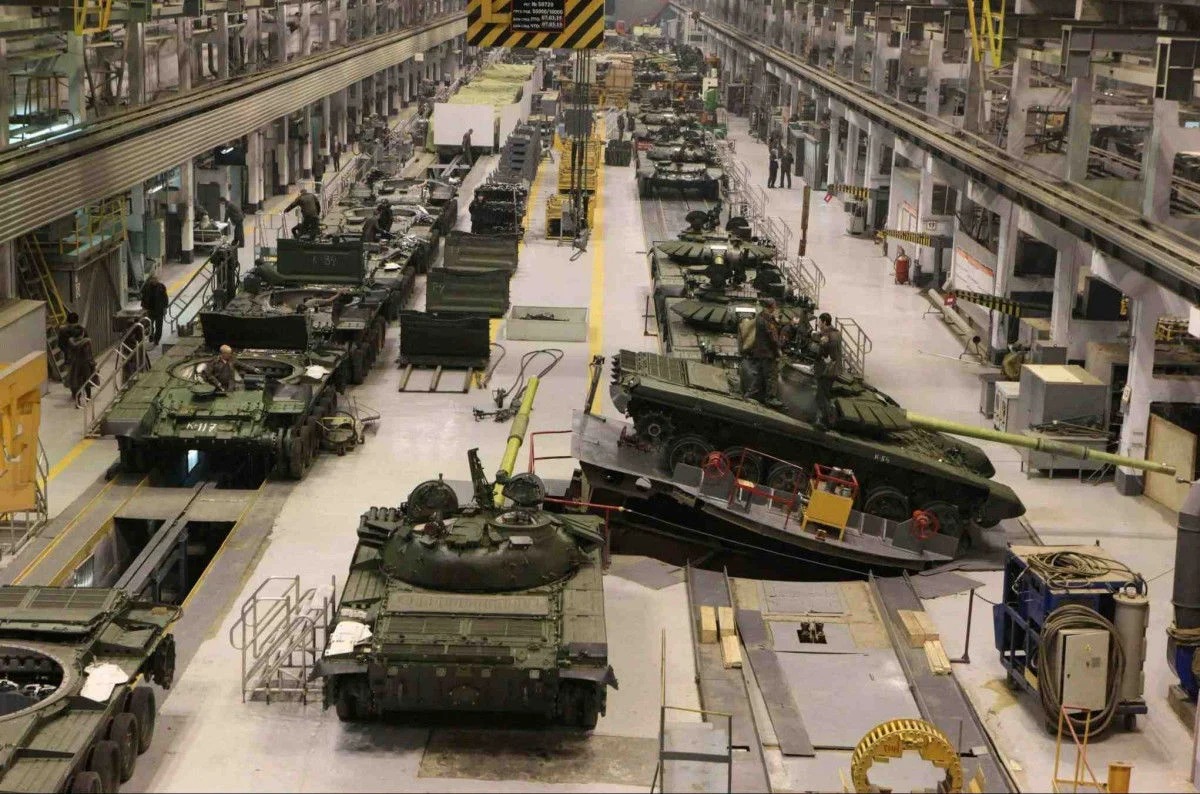UK intel: Sanctions continue to disrupt key inputs for Russia’s defense industry
Sanctions are severely disrupting Russia's defense industry, limiting access to foreign components and technology crucial for advanced weapon systems production and exports, per UK intelligence.

Sanctions imposed on Russia continue to severely disrupt its defense industry, according to the latest intelligence update from the British Defense Ministry. These sanctions have limited the number of countries Russia can directly trade with, significantly increasing the time and cost required to acquire items it could once purchase freely.
While Russia has managed to increase the production of key munitions heavily used in Ukraine, such as artillery shells, the impact of sanctions is most evident in its more advanced and complex weapon systems. These systems in production and development almost certainly have an increased reliance on foreign components and technology, which sanctions have made extremely difficult to obtain, the ministry says.
The sanctions have also disrupted both the supply and demand for Russian arms exports, as well as significantly complicating payment mechanisms to Russia. This has contributed to a significant decline in Russia’s arms exports and increased delivery delays, even to some of its most important remaining arms customers, as per the UK Defense Ministry.
The UK Defense Ministry wrote:
- Sanctions likely continue to disrupt key inputs for Russia’s defence industry. Russia’s isolation limits the number of countries it can directly trade with, highly likely increasing the time and cost to acquire items it could once purchase freely. Research from the Bank of Finland Institute for Emerging Economies suggests third party countries are charging price premiums of over 60 per cent for exports of certain sanctioned goods to Russia.
- While Russia has increased production of key munitions most heavily used in Ukraine, such as artillery shells, the impact of sanctions is highly likely greatest on Russia’s more advanced and complex weapon systems. These systems in production and development almost certainly have an increased reliance on foreign components and technology.
- Sanctions likely continue to disrupt both supply and demand for Russian arms exports, as well as significantly complicating payment mechanisms to Russia. This has almost certainly contributed to a significant decline in Russia’s arms exports and increased delivery delays, including to some of its most important remaining arms customers. According to the Stockholm International Peace Research Institute, Russia’s share of the global arms trade has fallen to 11 per cent in the period 2019 to 2023, compared to 21 per cent in the period 2014 to 2018.
Read also:
- Samsung Pay to drop Russian Mir payment card in April
- European Parliament votes to criminalize violation and circumvention of EU sanctions
- EU agrees on new sanctions, targeting Russia’s drone production
- Politico: EU seeks action to stop illegal exports of Western goods to Russia
- Ukraine identifies US-made components in Russian missile used in Chernihiv attack



